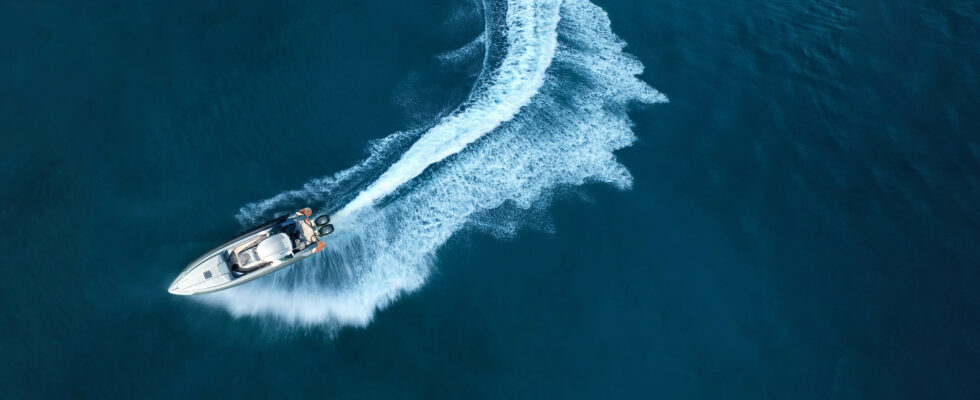Yamaha announced it in December, and they did it. The brand has just presented the very first hydrogen-powered outboard engine prototype in Miami.
If hydrogen is envisaged in many areas which will affect a maximum of people, such as civil aviation for example, other innovations in the sector are more on the fringes. Indeed, boating is not the most accessible activity there is. This did not prevent the Japanese manufacturer from unveiling its state-of-the-art outboard engine at the prestigious Miami boat show. Yamaha has collaborated with renowned partners on this project and wants to prove that hydrogen also has its place in the nautical sector.
Strategic partnerships
Yamaha will be supported by Roush, a company specializing in hydrogen systems. Matt Van Benschoten, vice president of the company in charge of engineering, seems rather optimistic: “ Yamaha is trying to determine whether hydrogen can be used successfully in this market. I think we’ll find the answer is yes “.
Yamaha’s second ally in this quest is Regulator Marine. The latter is a designer and manufacturer of high quality offshore sport fishing boats. Founded in 1988 and based in Edenton (North Carolina), the manufacturer has since gained a very solid reputation in the nautical industry. This adapted one of their models, the 26XO to accommodate the Yamaha prototype. The engine is an adaptation of another thermal engine, the V8 XTO with a displacement of 5.6 liters (450 hp) and has already been tested internally in the Yamaha test center. The manufacturer will launch tests in real conditions from summer 2024.
A step towards energy diversification
Yamaha began developing thermal outboard engines since the 1960s. Since then, the manufacturer has continually improved its range of engines and adapted them for all types of uses: boating, fishing, etc. It began its electric shift in 2021, after acquiring Torqeedo, world leader in the sector, which allowed it to diversify its offering.
Very few technical details have been given regarding this new engine, leaving those who might be concerned unsatisfied. On the other hand, it is a safe bet that hydrogen will find its place in the nautical sector, even in a niche use. The advantage of this energy vector in maritime propulsion is the absence of batteries, which leads to a necessarily lighter design. This is a big plus, since moving an object in water requires a much greater amount of energy than on land.
Sources: H2 Mobile, Boat Industry

3